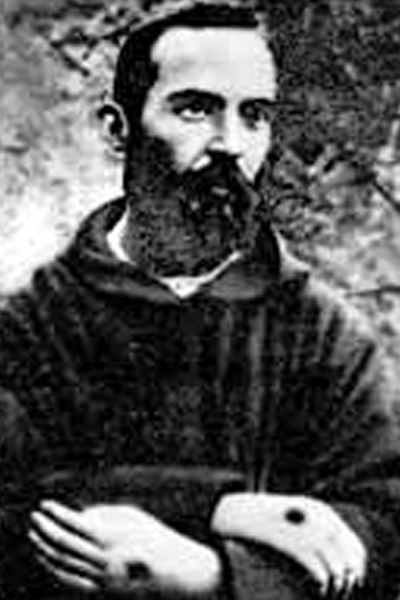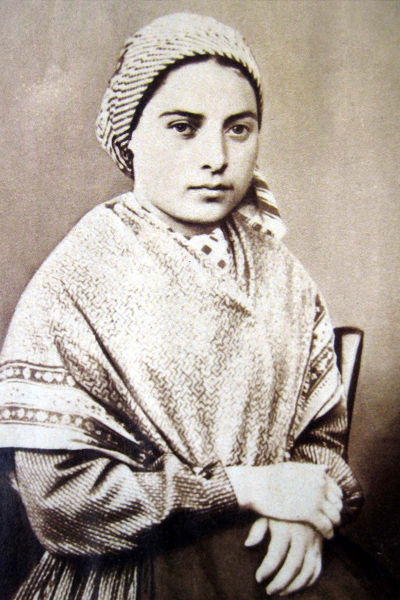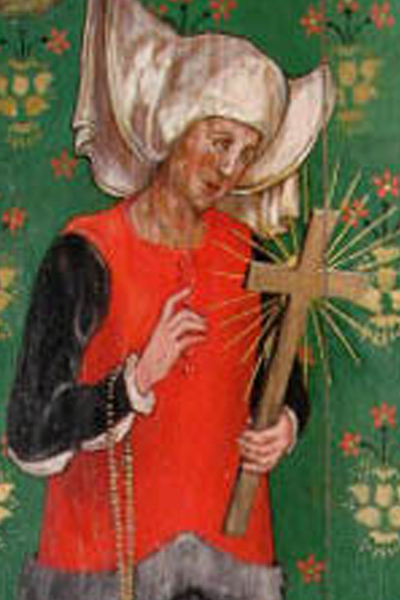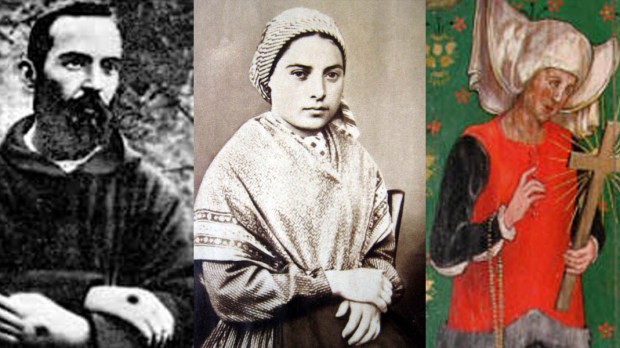This is an extrovert’s world, we all know that. As someone who spent most nights growing up listening to music alone in my room while drawing, I don’t get too fussed about it. If being an introvert means I’m doomed to long afternoons of perfect contentment with a cup of coffee and a novel while lounging on the back patio and not having to make small talk, I guess I’ll suffer with this INTJ personality that God has handed me. I picture all the extroverts out there, laughing it up with new people at loud bars, high-fiving while playing team sports, and talking on their phones in the middle of the grocery store … and I shudder.

Read more:
Go to church, meet annoying people
I’m not against extroverts. I even have a few outgoing friends. There’s a reason extroverts more or less rule the world as the popular kids in school who later grab up all the high-powered sales executive jobs by dint of the sheer force of personality. It’s because they’re really likable.
But sometimes it seems they get all the glory, and there’s a common misconception about introverts that they’re shy or anti-social. Introverts are caricatured as the librarian who doesn’t have the energy to keep up with a fast-paced world and has withdrawn entirely. True, an introvert may have a hard time being a rock star, a politician, or a TV personality.
That doesn’t mean introverts can’t change the world. It just means their influence isn’t as readily apparent, because they relate to people in quieter, more intimate ways. There’s more than one way to change the world, and these famous, introverted saints each serve as an example of how anyone can leave a lasting mark for good.

Padre Pio: Reading hearts
Even as a child, Pio was quiet, often spending time alone sitting in the local church. As he matured and became a priest, he had a dreamy attitude and would go into sustained silences. During his masses, he would lapse into silent reverie for such an extensive length of time that it would be hours before he completed it. This caused a number of complaints and Pio exclaimed that he wished he could do things like a normal person but just couldn’t. He was able to turn his weakness as a public speaker and worship leader into a strength, though, by cultivating his inner spiritual life, spending hours in silent meditation often at the expense of sleeping and eating.
His time in silence allowed him to reflect deeply on human nature and developed his ability to read the human heart. People came from all over the world to speak with him privately and he would awe them with his intimate knowledge and the sensitivity with which he understood their soul.

Read more:
“Here comes everybody”: My grace-filled meet-up with Padre Pio’s relics
In 1971, Pope Paul VI said of Padre Pio: “What fame he had. How many followers from around the world. Why? Was it because he was a philosopher, a scholar, or because he had means at his disposal? No, it was because … he was truly a man of prayer and suffering.” Prayer may seem to be a solitary activity, but it is actually capable making tremendous amounts of human connections, and the ripple effects of one person who prays can spread throughout the world.

Bernadette Soubirous: Courage
Bernadette Soubirous was a small child with poor health. She grew up in an impoverished family in France, quietly going about her duties and taking care of her younger siblings as she was unable to attend school due to lack of money. It was while she was out gathering firewood for the family that she first encountered an apparition of the Virgin Mary.
She was reluctant to talk about it when she returned home, not wanting the attention that would come with such a remarkable claim. She did eventually tell her parents, who adamantly refused to believe her. She later made her way back the to same spot in the woods near a grotto and Mary appeared to her a number of times. Eventually, word got around and the townspeople, not overreacting at all, had the police bring her in for questioning. It goes without saying that the skepticism she encountered was intimidating. People thought she was lying. She was interviewed by stern adults, questioned by crowds of doubters, and through it all courageously continued to tell what she had seen, even though it was causing a stir and placing her at the center of attention. She never backed down, never changed her story, and eventually thousands of pilgrims began taking the visions seriously and showed up at the grotto to pray. The devotion that Bernadette began was to Our Lady of Lourdes, honored to this very day at a massively popular shrine where claims of healing and other miracles are common.
Read more:
The Message of Our Lady of Lourdes
Bernadette herself, though? She didn’t stay around to soak up glory. She escaped into the solitude of a monastery and happily lived the rest of her life out of the spotlight.
This young girl shows that a single person who has courage and is willing to hold firm in the face of any amount of pressure is capable of changing the mind of an entire community. Even a child like her who was introverted, with no education, and no wealth is capable of great things.

Julian of Norwich: Focus
Julian lived in Norwich and her official job title was “Anchorite,” meaning a woman who lives alone inside the wall of the church and never comes out. In the 14th century, this would have been an odd vocation but not entirely unknown. Anchoresses would set up shop here and there in small rooms built into the walls of the Churches, sometimes with the only opening being a small window through which to watch Mass and for meals to be passed through. Julian didn’t necessarily take a vow of silence, but something about her lifestyle choice indicates she may not have been a Chatty Cathy.
Julian is particularly famous because, although she never left her room and probably only a handful of people really knew her during her life, she is the first known woman to write a book in the English language. She was able to accomplish such a feat because she was singularly focused on understanding her topic from a series of visions she’d had while sick. Her focus arose from her ability to spend time in silence thinking through and pondering her thoughts. Julian is proof that even a person with no influence on the external world can, through singular focus, create something beautiful that will touch the hearts of people everywhere for hundreds of years.

